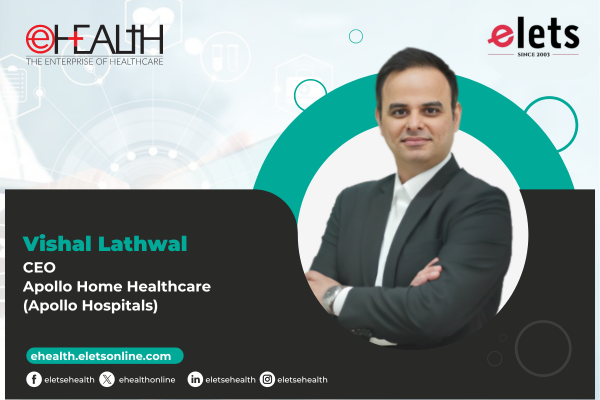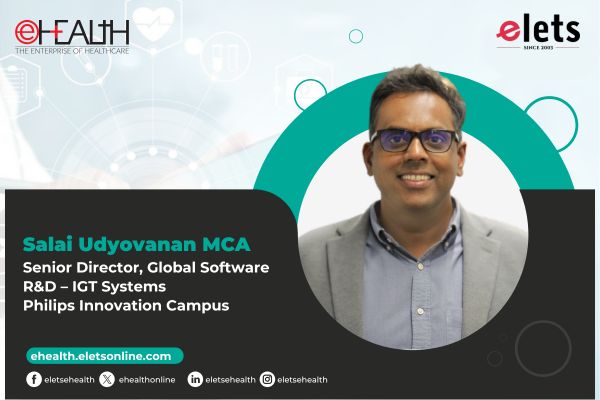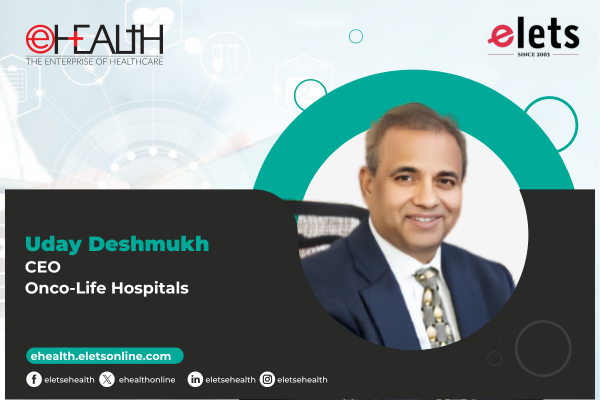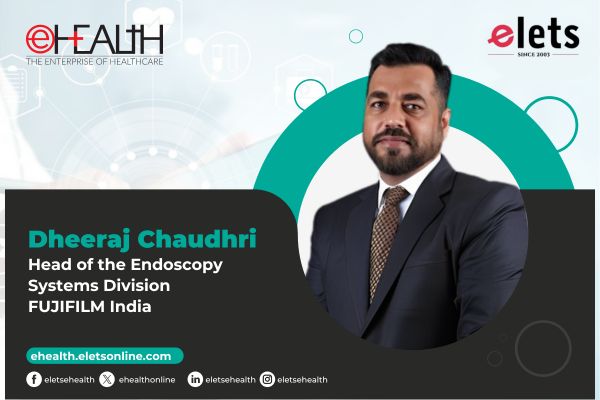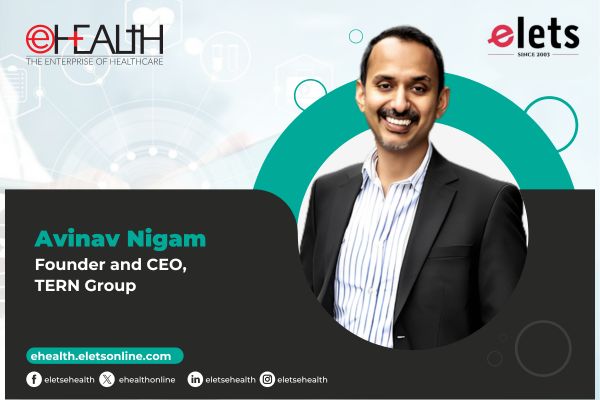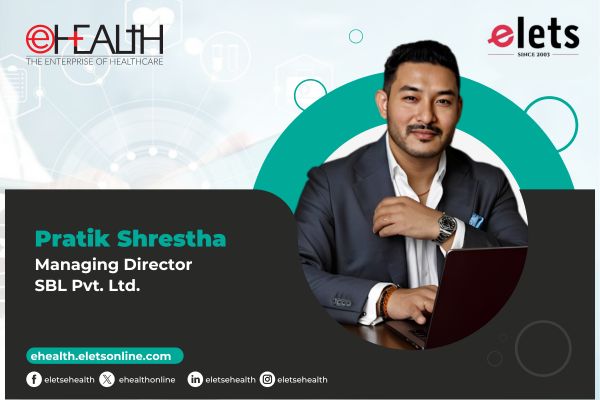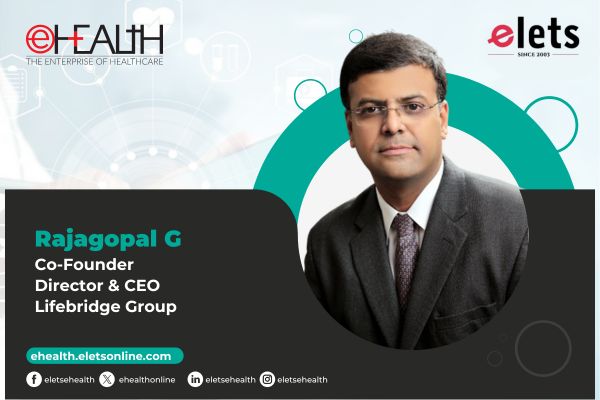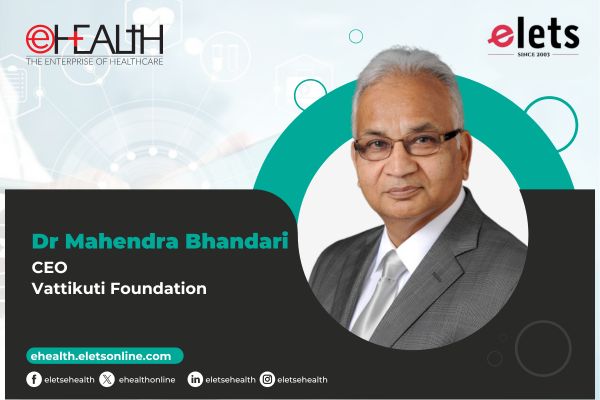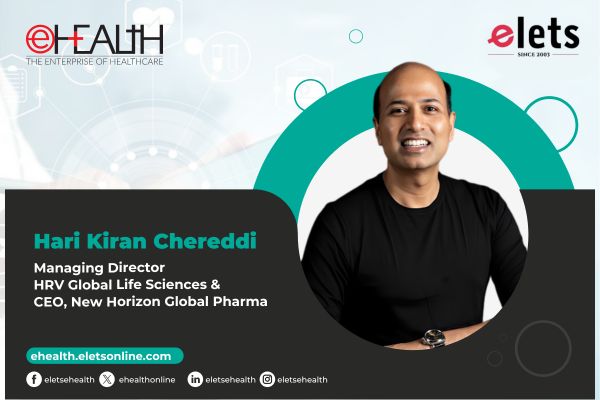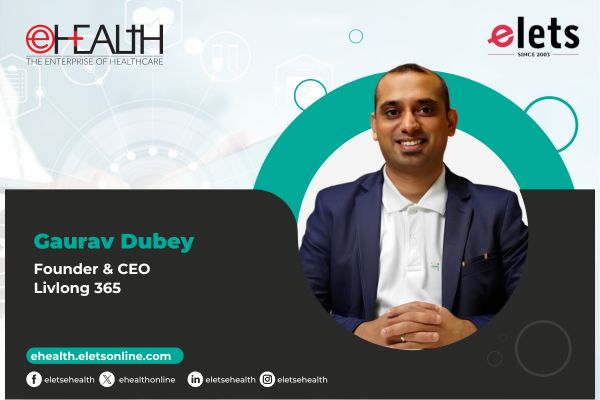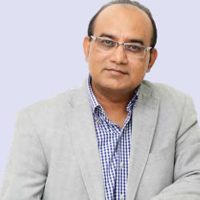
 With the purpose of bringing the US standard cancer care and cutting edge technology to India, Pradeep K Jaisingh, MD and CEO, International Oncology Centre, in conversation with Ekta Srivastava, ENN, talks about his commitment to make world class cancer care accessible to the underserved areas through their network of cancer care centers.
With the purpose of bringing the US standard cancer care and cutting edge technology to India, Pradeep K Jaisingh, MD and CEO, International Oncology Centre, in conversation with Ekta Srivastava, ENN, talks about his commitment to make world class cancer care accessible to the underserved areas through their network of cancer care centers.
What is the Business model of International Oncology?
Ours is a very collaborative model, where we work with a partner hospital. Partner hospitals have many specialties which are running successfully, but cancer is a derived specialty. You need to have a successful diagnostic program, internal medicine programme, head and neck urology, etc. So, what we put together is a very innovative model, where hospitals focus on its core strength, and International Oncology brings tremendous amount of strength in the area of cancer care. When you combine them, you can really put together a strong oncology program, and that is the whole idea behind this. So, this model has been received very well across the world. Even in US, the model has received tremendous amount of recognition, and also from the patients point of view it works really well. Because even in dedicated stand alone in cancer centers, we sometimes do not get a very good set up for support services . For example, a cancer patient can get heart attack, and then in those cases you will not get very good support systems, while in our model, because the hospital already has strong cardiology program as well urology, head and neck, ENT, gynecology, with other support services, so we provide all those specialties and support systems from the hospitals and also the entire spectrum of world class cancer care under one roof.

How International Oncology is reaching rural areas in India?
To enhance our reach in rural areas, we primarily focus on two things. We do a lot of educational and awareness events as well as we organize cancer screening camps. Earlier we were doing lot of these camps ourselves, and then I found that the need is very large, and there is a limit to how much we can keep doing ourselves, because ultimately we are a cancer care company, and our efforts have to be devoted here. So I set up a non-profit foundation, called OUTCANCER. And it does the entire range of awareness and screening work in the area of cancer care. And it covers lot of rural areas, underprivileged population, and also work as partners with some other organisations, like pharmaceutical companies and therefore we are able to organize lot of these events in smaller towns as well.

Why government lacks in providing the healthcare?
Though they talk a lot about providing healthcare to all, but still what they lack? Government has many priorities. Cancer as a disease has not received the attention that it deserves. As a country we are still not recognizing the problem and the quantum of disease burden. Cancer is the second biggest killer. It kills more people than TB, malaria and HIV Aids put together. All three combined cause less death than cancer alone. In America, 40 years ago they declared a war on cancer. In India, we are still sleeping through this and not paying the required attention to this. No a days almost every person you talk to knows somebody either in family or friends who is affected with cancer. Our idea on oncology is basically this; our motto is every life matters. So, for every patient, whatever is the best facility, we try and provide. But also cancer is an expensive treatment, so beyond a point we cannot just keep subsidising it. We have our own limitations. We have gone out of our way to subsidise it as much as possible. This is something government should take active role in and government funds allocations should be increased multifold which is at present very small.

Your motto every life matters. How are you planning to achieve this?
We are planning to achieve this by treating every patient who comes into our system in the very best possible way. One thing that differentiates us is that in our centre here and in Mumbai is that we make sure every patient is provided the very best clinical care and personal care. Our staff goes out of the way to help patients. What happens after the patient goes home is also equally important. Our people call the patients or their relatives at their home, and find out how the patient is doing and provides necessary guidance as needed. We are also involved with an NGO. Their volunteers also come and they also talk to our patients. Many of these volunteers were themselves cancer patients. So, they share their stories with the patients.

World class cancer care, how International Oncology is corresponding to the given statement? International Oncology centers are really state of the art. We provide world class treatment in radiation therapy using Rapid Arc based Image Guided Radiation Therapy (IGRT). Then we have a very advanced bone marrow and stem cells transplant programme that is run by American Board certified oncologists who has worked in America for many years. Then, we also have a team of medical oncologists from top Indian institutions like AIIMS and Tata Memorial as well as from Europe and USA. We send our doctors continuously to America for further training. Then we have Quality Assurance mechanish called Tumour board. Its a mechanism where all the specialists of cancer come together like medical oncologists, surgical oncologists, radiation oncologist and also the nuclear medicine persons. They discuss the case together and decide what the best course for the patient.
Also read: 18 mn new cases of cancer expected in 2018: UN study
What are the key challenges?
In cancer care in India, cost of treatment is one of the biggest challenges for most middle class patients. We therefore offer subsidised rates to many of our patients. All the needy patients get reasonable discounts. Patients sometimes need second opinion, and we appreciate the fact and also make them talk to cancer experts in America to clear their doubts. The other important thing is that the patient should always avail the entire treatment from one place only. Patients who start the treatment in one centre and keep on going from place to place and mostly end up spoiling the cases.
Cancer is a disease, which needs a much better allocation of funds and attention from the government as it contributes double the death rate than malaria, HIV and tuberculosis put together
Please tell us about your role ahead?
For a very successful cancer care programme we need multi areas of support. We need support from government, from the public, from the society at large. We want more participation from all segments of society, be it retired people, housewives, school teachers and students. And tier 2 cities and smaller towns doctors also need to be made aware about the importance of proper diagnosis and improve their own skill sets. For this we have tried to create several satellite centers in areas like Moradabad, Aligarh, Meerut, Agra, in smaller cities.
Be a part of Elets Collaborative Initiatives. Join Us for Upcoming Events and explore business opportunities. Like us on Facebook , connect with us on LinkedIn and follow us on Twitter , Instagram.
"Exciting news! Elets technomedia is now on WhatsApp Channels Subscribe today by clicking the link and stay updated with the latest insights!" Click here!






